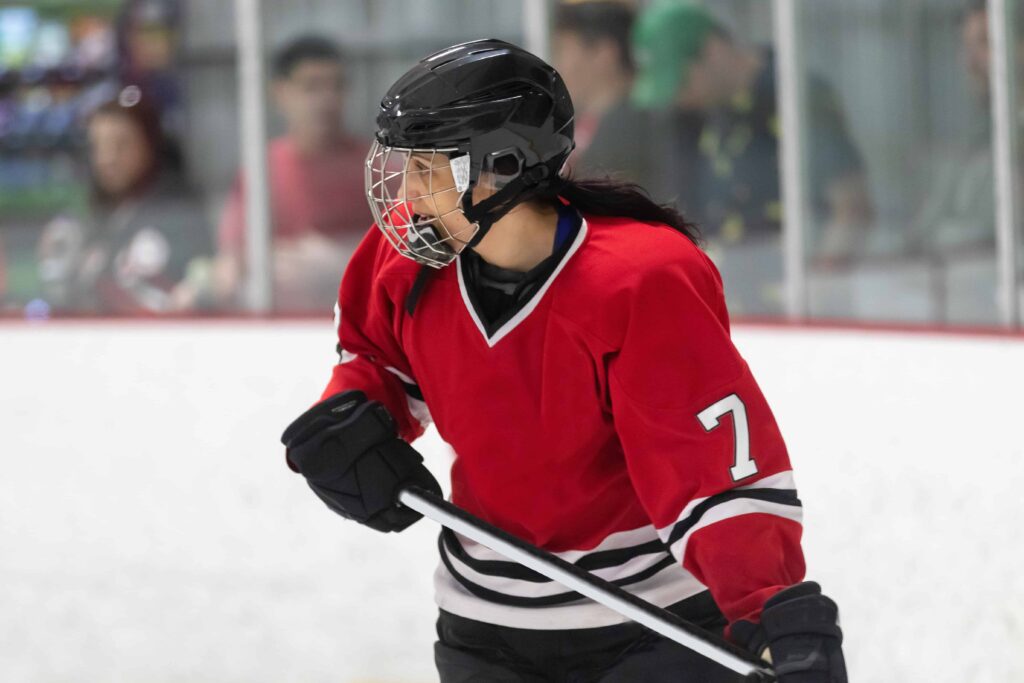Warm-up tips
Do you like to stretch before going for a run? Research shows that short durations of dynamic stretching (up to 4 minutes) are the most beneficial for running performance if there are no further warm-up activities after stretching. Static stretching, on the other hand, has no effect on performance but can reduce acute injuries by…
Movement-based methods
Creative approaches to data collection can be useful for sport organizations to evaluate the effectiveness of youth programs. For example, movement-based methods use the structure or rules of a game to gather feedback from youth about their experience. They can also double as a program activity, helping to save time and keep kids on task….
Expecting the unexpected
Unexpected stressors happen often and are more challenging to manage than expected stressors. However, they can be managed. One way to manage them is by expecting them. To help athletes “expect the unexpected” during competition, work with them to identify potential stressors before competition. Then establish strategies to manage those stressors.
How reflecting can reinvest in mental health
Taking time to reflect on growth experienced during a sport season is a great way for student-athletes to reinvest in their mental health. In addition to setting goals for the future, athletes should take time to think about and celebrate how they’ve improved or what they’ve achieved. Coaches can help athletes reflect on their growth…
Women’s hockey under the radar: What’s driving participation?

It has been almost a quarter of a century since women’s ice hockey debuted at the Olympic Games in Nagano, Japan. Despite a heartbreaking loss for Team Canada in the final of the first Olympic women’s hockey competition, it was a big step forward for women’s hockey on the international stage. Since then, Canada has…
Preventing RED-S
Creating a healthy sport culture is critical for the prevention of relative energy deficiency in sport (RED-S). According to research, key prevention factors include education for athletes, coaches, trainers, administrators, parents and all involved in athlete care, and a zero-tolerance policy for toxic training environments or practices such as body shaming, over-exercising, and under-fuelling.
Shared athlete leadership
Whether recognized formally or informally, athletes should occupy leadership roles to support a team’s functioning. Like some NHL teams, improving the number and effectiveness of athlete leaders can enhance team motivation, communication, cohesion and performance. Shared leadership among teammates can be an effective way to increase team dynamics and success.
Communicating evaluation findings
“Communicating evaluation findings is like giving a TED Talk. The story you should tell is inside of you.” In the SIRC blog, Chris Penrose, Director of Programs and Operations at Lay-Up Youth Basketball, shares insights on learning from and communicating the findings of a program evaluation.
Help out a mate
Boys are less likely than girls to seek help for mental health concerns, but a new evidence-based mental health literacy program in Australia is aiming to change that. Boys that participated in the 45-minute workshop reported increased confidence and intentions to seek and provide help for mental health concerns. The boys in this program preferred…
Data-driven decision-making
Data-driven decision-making doesn’t need to involve complicated data collection and analysis. It can, but it doesn’t have to. Instead, make working with data easier by knowing what data you already have and how to access it, figuring out what you want to learn from the data and letting the data tell the story.